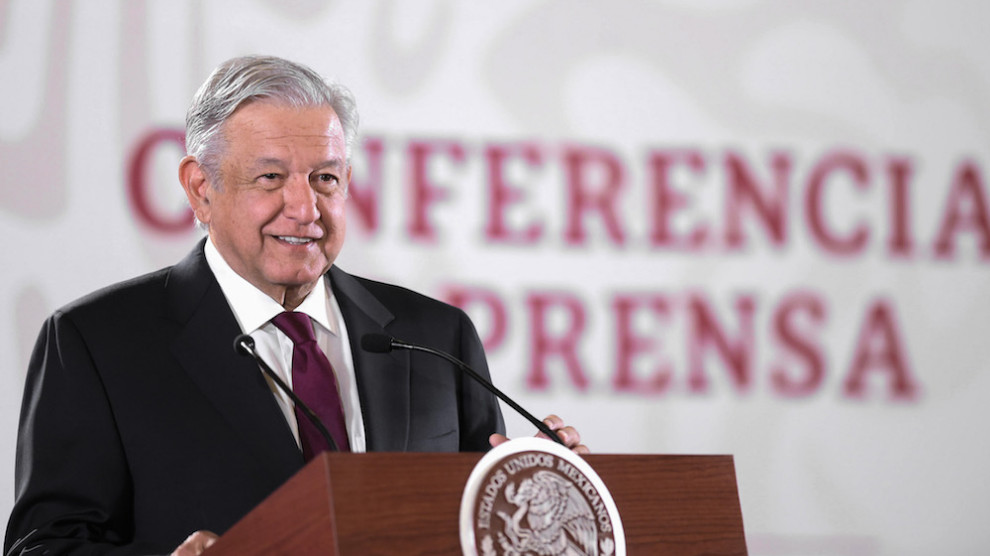U.S. tariffs affect Mexico
The announcement by the US Government of the immediate imposition of 5% of tariffs on a long list of "made in Mexico" products has achieved its goals.
The announcement by the US Government of the immediate imposition of 5% of tariffs on a long list of "made in Mexico" products has achieved its goals.

The announcement by the US Government of the immediate imposition of 5% of tariffs on a long list of "made in Mexico" products, which would rise to 25% in a month and a half if there were no positive Mexican responses regarding to the migratory crisis from Central America, has achieved its goals.
The initial reaction of Mexican President, Manuel López Obrador, was not to respond with similar measures but to send his Foreign Secretary, Marcelo Ebrard, to negotiate an agreement under pressure and blackmail.
The decision of López Obrador has resulted in a pact of which almost everything is unknown, except some general points disclosed by both parties.
The Mexican Secretary of Foreign Affairs, avoiding a specific response to questions from the press, affirmed that the content of the agreement is reflected in his report to the Senate: "Here you’ll find everything. - he said - There is nothing more than what is in this report."
While to question of what would happen if the agreement does not achieve the expected results, he expressed caution: "Let me not reveal the Mexican strategy."
The little that is known about the agreement establishes a Mexican policy of police control of the massive migratory flow coming from Central America (especially from Honduras and Guatemala), and the shielding of the land border with Guatemala through the deployment of 6,000 troops of the newly created Mexican National Guard.
The evaluation of the effectiveness of these measures of police containment would be made just 45 days after its implementation, but it would be the US Government to say the last word. All of the above conspires with the proposal of the Mexican President in his inauguration to promote a socio-economic development program in Central America, something that without a doubt could only bear fruit in a much longer and slower period than the 45 days agreed.
The Mexican government has presented the result of its negotiating attitude as an achievement, but the reality is that for the first time the practice of threats and open blackmail practiced by Donald Trump, has given concrete results in just one week, as the American President himself boasted, when he affirmed before the media: "I am going to tell you what we had two weeks ago, we had nothing".
The Mexican executive has been sensitive to the forecasts that in practice the US sanctions would have an effect of almost 2% on Mexican GDP, and that they would directly affect the prices of staple foods from its neighbour in the North, from where Mexico imports 40%, added to the real possibility that a commercial war would finally lead to the suspension of the Free Trade Agreement, recently updated between both countries and Canada.
A possible collateral effect of the announced deployment of the National Guard contingent on the border with Guatemala could also be the increase in tension and potential armed confrontation of the police forces with the Zapatista movement in the southern state of Chiapas, which borders with Guatemala.
The Zapatistas have been on defensive alert since the inauguration of López Obrador's center-left government in January of this year, when he announced several economic macro-plans and the reinforcement of the State's police and military presence. the region.